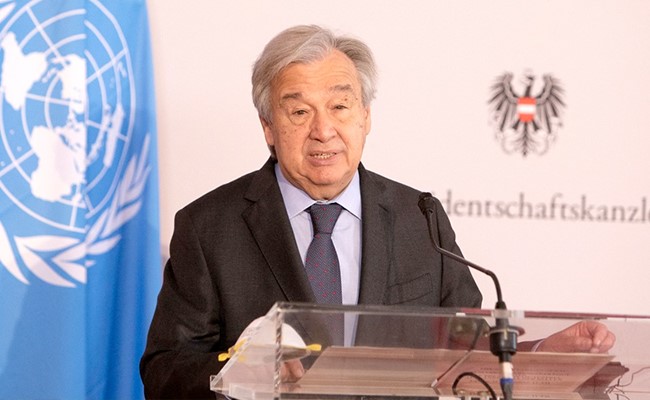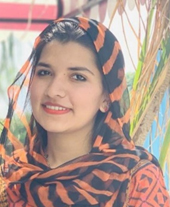UN Secretary General António Guterres sent a new proposal to Russia on August 31, 2023, in an attempt to revive the Black Sea grain deal. The deal, which was brokered by the UN and Turkey in July 2022, allowed Ukraine to export grain from its Black Sea ports despite the ongoing Russian invasion. However, the deal collapsed in July 2023 after Russia accused Ukraine of not fulfilling its commitments. Guterres’ new proposal includes a number of changes to the original deal, including the creation of a UN-led monitoring mechanism to oversee the safe passage of grain ships through the Black Sea. A “green corridor” will be established for ships carrying grain, as well as the lifting of sanctions on Russian and Ukrainian food and fertilizer exports. The Secretary General has said that he is hopeful that Russia will accept his new proposal. He added, “We have some concrete solutions, allowing for more effective access of Russian food and fertilizers to global markets at adequate prices. I believe that, working seriously, we can have a positive solution for everybody.”

However, it is unclear whether Russia will be willing to do so. Russia has previously accused the West of imposing sanctions that have made it difficult for it to export food and fertilizer. The Black Sea grain deal is important because it could help to alleviate the global food crisis that has been caused by the war in Ukraine. Ukraine is a major exporter of wheat, corn, and sunflower oil, and the war has disrupted its exports. This has led to a sharp increase in food prices, which has put a strain on food security in many countries. Although Western sanctions implemented after Russia’s invasion of Ukraine do not apply to Russian exports of food and fertilizer, Moscow claims that restrictions on payments, logistics, and insurance have hampered shipments. If the Black Sea grain deal can be revived, it would help to get grain out of Ukraine and onto the global market. This would help to lower food prices and ease the global food crisis.
Russia has stated that it would consider reviving the Black Sea Agreement if requests to enhance its own exports of grain and fertilizer were met. Reconnecting the Russian Agricultural Bank to the SWIFT global payments network is one of Moscow’s top requests. It was cut off by the EU in June 2022. It is still too early to say whether the new proposal will be successful. However, it is a positive step in the right direction to find a solution that will allow grain to flow out of Ukraine and help to avert a global food crisis.

Research Associate, Pakistan House



